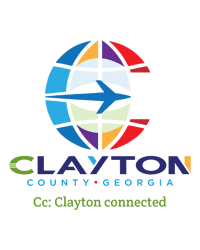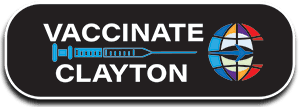
Director:
Rebecca Hardeman, PHR, SHRM-CP
1262 Government Circle
Jonesboro, GA 30236
Office: (770) 473-3945
Fax: (770) 473-5438
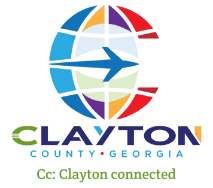

Agriculture & Natural Resources
Clayton County Cooperative Extension programming is directed toward three separate entities: Master Gardener Extension Volunteers, Home Horticulture and the Commercial Green Industry.

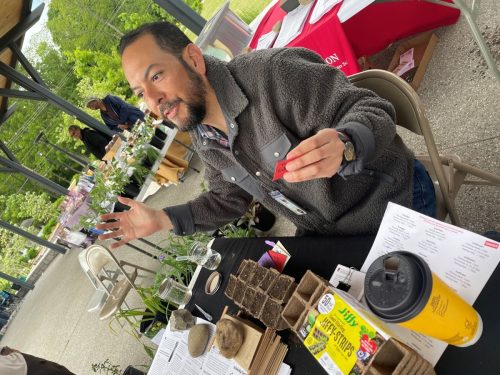

Master Gardener Extension Volunteers
Master Gardener Extension Volunteers (MGEVs) are trained volunteers with unique skills and abilities, who share a love of plants and gardens and enthusiasm for learning. They are a variety of ages, personalities, and professions united by a passion for teaching others. MGEVs are volunteer educators who represent UGA Extension.
Home Horticulture
Home and community gardens, residential landscape design, lawn care and management, pest management, community beautification, to name a few, are all concerns and issues expressed by local residents. The UGA Cooperative Extension responds to these needs through office and site consultations, telephone contacts and formal educational programs such as seminars and workshops. The Clayton County Master Gardeners Extension Volunteers play an important role in addressing some of these issues.
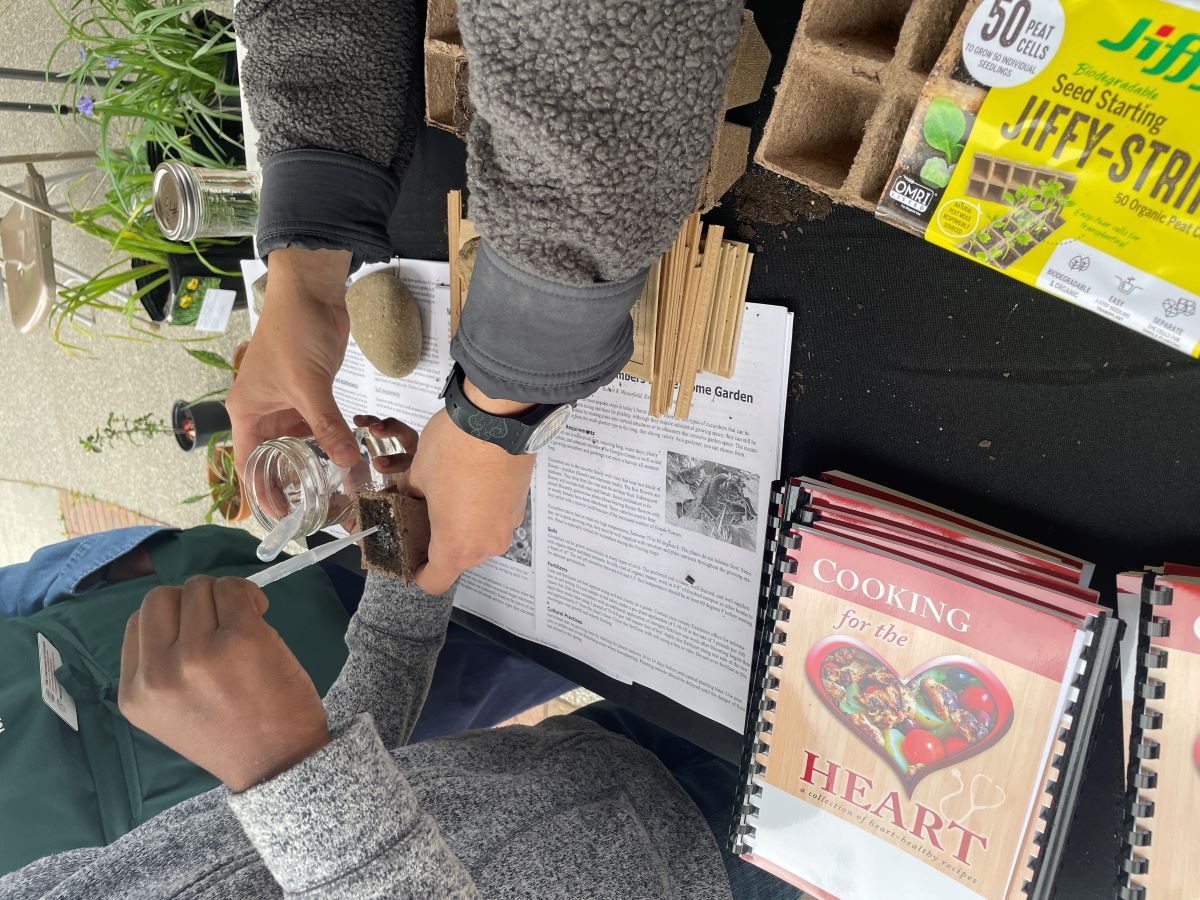

Clayton County Green Industry & Agribusiness
The Green Industry is one of the fastest growing industries in the state. Green Industry consists of commercial landscape contractors, municipal landscape maintenance personnel, recreational fields and golf courses, as well as nurseries, sod farms and all related sales and products. Most raw materials are produced in the lower half of the state, with manufactured goods and final utilization occurring in the metro counties.
Clayton County contributes significantly to the revenues generated by this industry. On an aggregate revenue generated by all the local garden centers and plant nurseries in the county is substantial. The commercial green industry in Clayton County, generates over $40 million dollars annually. The State Farmers’ Market is home to some of the most lucrative agribusiness’s in the state.
Increase in demand for products and services, and the subsequent use of these inputs have created a heightened awareness of environmental issues associated to the industry. Consumers (end-product users) have become more aware of the environmental impact of agricultural inputs that go into producing edible products, or used in establishing and maintaining a very well cared for landscape.
This awareness is putting pressure on landscapers and suppliers of fresh produce to become more familiar with these issues and to take a more responsible proactive approach to best management practices in delivering their products and services.
The following training opportunities are available for the commercial industry:
- Training for the mandatory pesticide certification license. This certification is required for all landscapers who apply any form of pesticide.
- Advanced subject matter training in several horticultural topics.
- Plant disease and soil analysis diagnostic service.
- Timely workshops and seminars in commercial horticulture.
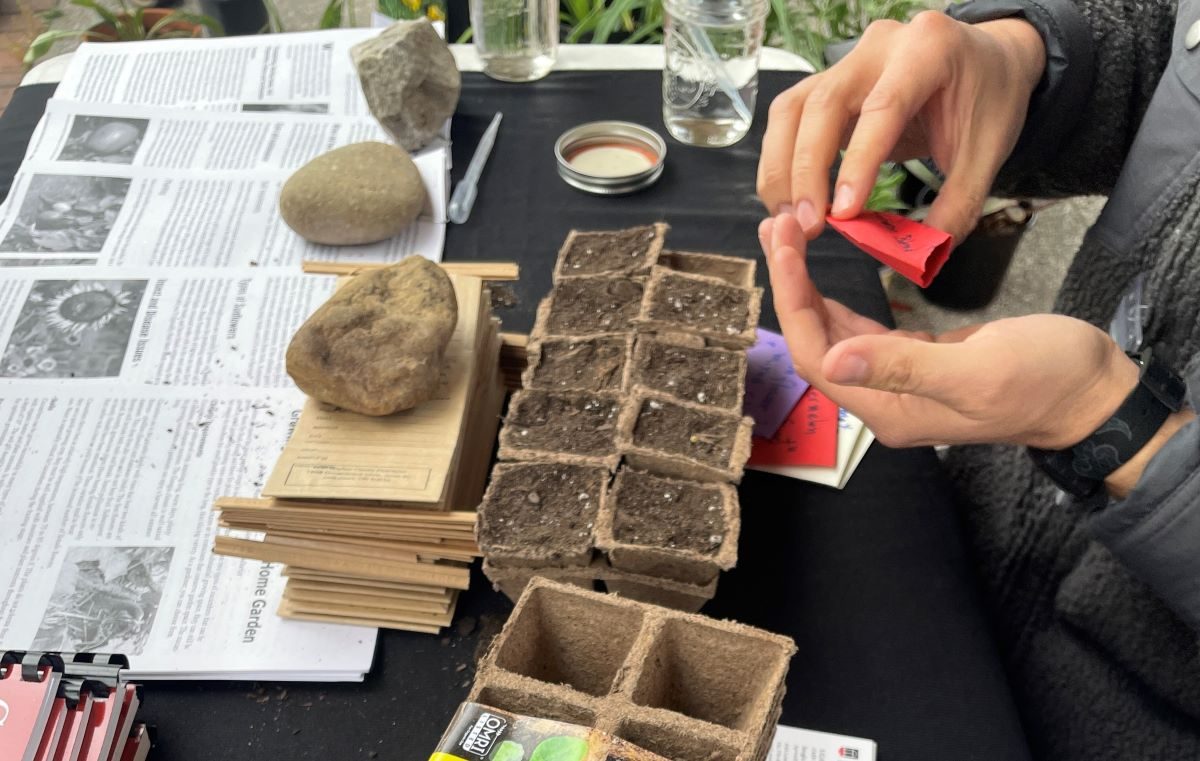

Send Pictures to the Agricultural Natural Resources Team
To Diagnose or Id Your Vegetation
How to send pictures of your garden, landscape, trees, fruits, or lawn to our Agricultural Natural Resource staff along with questions that can be diagnosed with great photos. Depending on the type of smartphone. If you have an Android phone, use the Outlook or Gmail app or Photos app or other photo gallery app that you use to see photos. If you have an iPhone, you can use the Outlook or Mail/Photo app.
Open the photo app on your phone and search your photo gallery and a dot (or check mark) will appear on your screen. Tap the share icon and choose our main office email at:
Clayton.Extension@uga.edu. The share icon is two small arrows with one circle between them. Compose your email message to include your name, phone number, and brief photo description of the issues you are requesting to diagnose.
- For plants; take close-up Please Indicate the type, height, location, or conditions of the plants or trees. If a chemical application was used and applied or a fertilizer method was used.
- For Identification, it would be helpful to use a ruler on the length size, or shape that matches the Two or three separate photos will be acceptable. If the file is big; you may send It by email separately with your contact Information.
- For insect damage, take a close-up photo and control methods used. Which area was affected and where it was found? If It Is still alive or dead put It In a clean glass jar or plastic storage The photo should have a view from the top or underside.
- For tree issues close-up photos of the area and surroundings Including the branch trunk or leaves and root base at the
- For the pond or lawn, please take a close-up photo of the whole area or plant growth and indicate the Issue.
Once you have selected your file size small or medium. Choose the attachment on the top tab and press the send button.
Once the Agricultural Natural Resources Agent or Program Assistant receives your photos and questions. They will be able to assist you in a timely matter. Please give five business days for a response. Check your junk or spam folder. If you haven’t received anything, please call our office at: 770-473-3945 or email the address above. We appreciate your patience and understanding. We look forward to serving you soon.
The UGA Cooperative Extension Service offers educational programs, assistance and materials to all people without regard to race, color, national origin, age, sex, or disability status
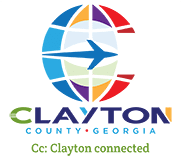

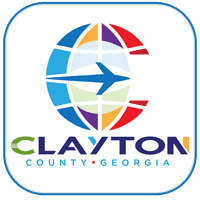 Click Clayton
Click Clayton
